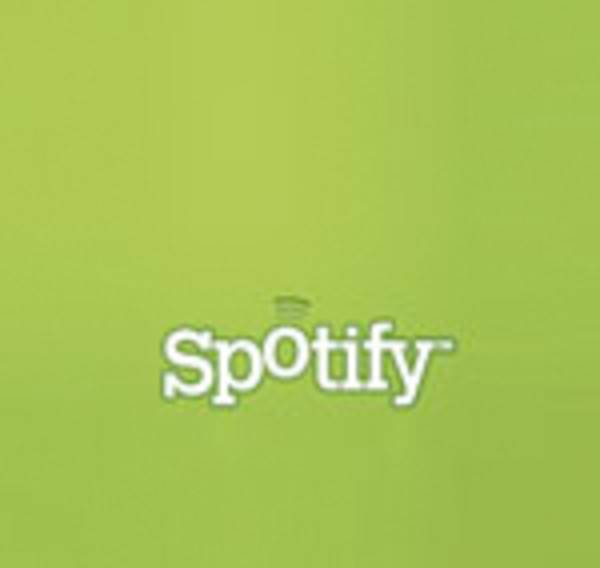Everybody piled into the ballroom today at the Austin Convention Center to hear Spotify CEO Daniel Ek give the final keynote interview of SXSWI of 2010 fully expecting to be blown away with the release of the peer-to-peer music player.

Instead, we got somewhat evasive and allusive answers on when to expect a U.S. version and were left looking to yesterday’s announcement of MOG’s move to mobile, with full knowledge that Napster is nipping at its heels.
At the same time, while we’re all awaiting the U.S. launch, it looks like many of the tech savvy already have gotten their hands on the Europe-only application. Interviewer Eliot Van Buskirk started out the session by asking who in the audience had used Spotify and more than most of the crowd raised a hand in the air. Ek said that he was very surprised by the number of people that had used the software.
Ek said that he thinks that the day that we allow music to be seamlessly transported between platforms and carried around on mobile devices would be when we saved the music industry.
“Music that I really love, I tend to want to buy and own still,” said Ek. “I don’t necessarily want to own it in the format it used to be, like in a dumb plastic disk, but I’m more than happy to pay $100 to get a box set with a t-shirt and notes.”
He explained that, while many seem to criticize Spotify for giving music away for free and adding to the problem, “it’s not free” and that “with all those listings on the Spotify platform, the artists get paid every time” their music is played.
Ek argued that he thought that the music industry would be “radically bigger” today if users could legally have music on any device, using the metaphor of music as flowing water.
We did, however, get to see a quick demonstration of Spotify for Android, but it was a bit quick to glean much in the way of usability. It did, indeed, play music.
In the end, though, we have to wonder why we’re all holding our breath for Spotify to land on U.S. shores. By the show of hands, it certainly doesn’t seem that hard to acquire and we have some valid alternatives, like MOG and the soon-to-be Napster platform, as well as their web counterparts.
If you’re that worried about getting Spotify, our suggestion would be to go get a proxy service set up and get to it already.





















